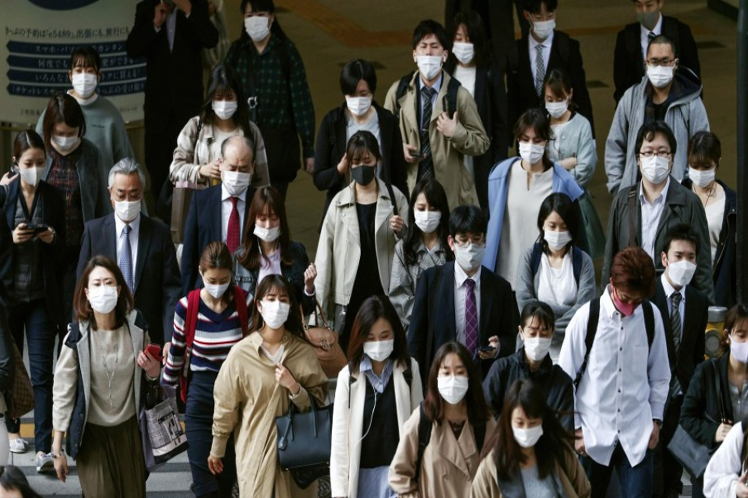New cases of the disease have declined nationwide since mid-May, but the situation remains highly unpredictable, Prime Minister Yoshihide Suga said after formalizing the decision.
Restrictions such as reduced hours for restaurants serving alcohol or offering karaoke services, as well as a limit on attendance to sporting events and concerts will remain in effect beyond the previous end date of May 31.
The seven prefectures under a state of emergency are Hokkaido, Aichi, Kyoto, Hyogo, Okayama, Hiroshima and Fukuoka.
These territories account for half of Japan’s economy and just over 40 percent of its population of 126 million. jg/abo/mgt/nvo










